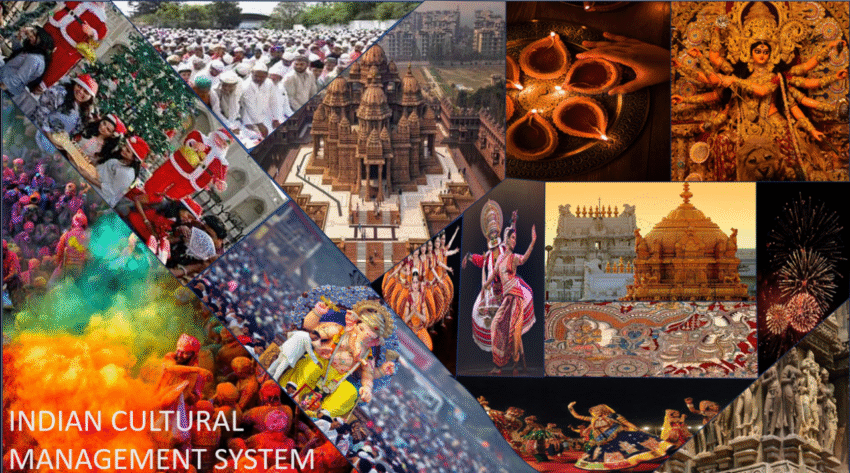Festivals and rituals are central to cultural heritage, serving as expressions of identity, community, and history. They provide opportunities to honor ancestors, celebrate seasonal changes, mark life milestones, and pass traditions to younger generations. Through shared celebration, communities maintain continuity and strengthen bonds.
The Importance of Festivals and Rituals
-
Cultural Identity – Festivals reflect a community’s unique values, beliefs, and historical narratives.
-
Intergenerational Connection – Participation teaches younger generations about customs, folklore, and shared heritage.
-
Social Cohesion – Communal celebrations foster a sense of belonging and collective joy.
-
Preservation of Traditions – Festivals keep music, dance, crafts, and cuisine alive across generations.
Types of Festivals and Rituals
-
Religious and Spiritual – Ceremonies that honor deities, spirits, or ancestors (e.g., Diwali, Hanukkah).
-
Seasonal – Celebrations tied to agricultural cycles or solstices (e.g., harvest festivals, Lunar New Year).
-
Life Milestones – Rituals marking birth, coming-of-age, marriage, and death.
-
Community Festivals – Local events celebrating regional history, arts, or natural phenomena.
Challenges in Maintaining Festivals
-
Urbanization and Migration – Younger generations moving to cities may participate less in traditional events.
-
Globalization – Western holidays and mass media can overshadow local customs.
-
Commercialization – Festivals may lose cultural depth when turned primarily into economic or entertainment events.
-
Loss of Knowledge – Specific rituals or songs can be forgotten if elders are not involved in teaching them.
Ways to Preserve Festivals and Rituals
-
Documentation – Record oral histories, music, and rituals to maintain cultural memory.
-
Community Engagement – Encourage active participation from all age groups.
-
Education – Include cultural education in schools to teach the significance of festivals.
-
Digital Preservation – Use social media and digital platforms to share and celebrate traditions globally.
-
Support Local Artisans – Food, costumes, and crafts are integral; supporting creators sustains the cultural ecosystem.
Benefits of Celebrating Heritage
-
Strengthens Community Bonds – Shared celebration fosters unity and collective pride.
-
Mental and Emotional Well-being – Participating in meaningful rituals reduces stress and enhances happiness.
-
Cultural Awareness – Learning about other communities’ festivals promotes tolerance and global understanding.
-
Continuity of Knowledge – Preserves language, music, dance, and customs for future generations.
Final Thoughts
Festivals and rituals are more than events—they are living expressions of culture. They connect the past with the present and ensure that traditions survive the challenges of modern life. By celebrating heritage through time, communities honor their ancestors, share joy, and strengthen identity.
Engaging with these cultural practices is not just about tradition—it is about sustaining a sense of belonging, purpose, and pride for generations to come.
